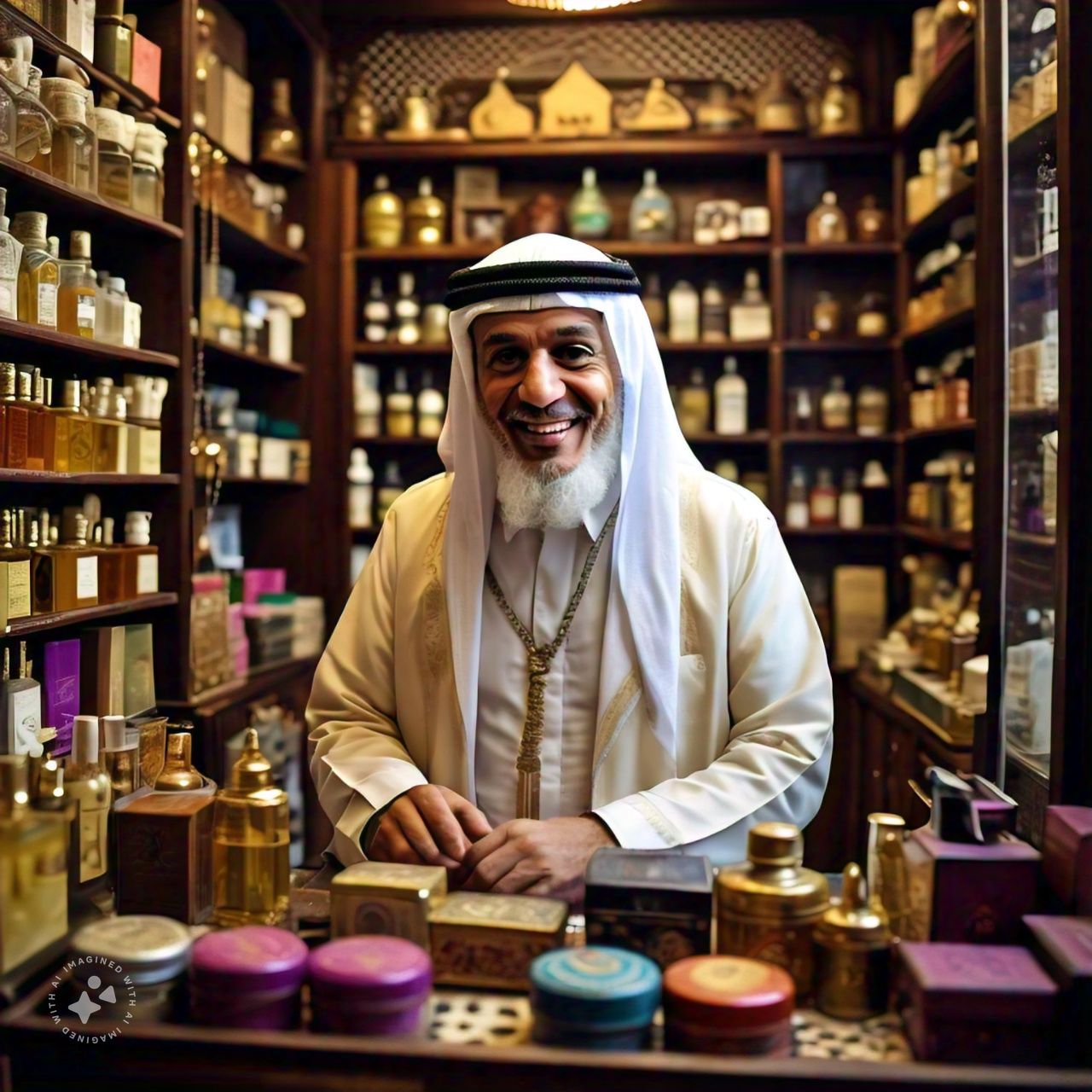Arabic perfume is an ancient art form that has captivated fragrance lovers for centuries. Known for its rich, long-lasting scents and unique natural ingredients blends, arabic perfume offers a sensory experience reflecting the opulence of the Middle East. What sets Arabic perfume apart is its intense concentration and the cultural significance attached to it.
Arabic perfumes are composed of exotic and luxurious ingredients like oud, musk, and rose, which create complex and layered fragrances. Unlike Western perfumes that focus on lighter, floral or citrus notes, Arabic perfumes are often rich, smoky, and deeply earthy. They are designed to last for hours and sometimes even days, offering a profound olfactory experience that lingers.
History of Arabic Perfume
The history of Arabic perfume dates back thousands of years to the time of ancient civilizations like Egypt and Mesopotamia. Perfume was not only a luxury but also a significant part of religious and cultural rituals. The Arabs perfected the art of distillation, especially with precious ingredients like rose and oud, paving the way for modern perfumery.
In Arab culture, perfume holds spiritual and social importance. It is used in religious ceremonies, hospitality, and personal grooming. Lattafa perfumes are believed to purify the soul and is a symbol of generosity and luxury. Arabic households often use perfume oils and incense to welcome guests, enhancing the atmosphere with a sense of warmth and opulence.
Ingredients of Arabic Perfume
One of the most distinctive elements of Arabic perfume is the use of oud, a resinous wood that produces a smoky, rich aroma. Rose, particularly the Damask rose, adds a floral sweetness to many blends, while musk provides depth and warmth. These ingredients are often combined with spices like saffron and cardamom to create intricate and layered fragrances.
Oud, often called “liquid gold,” is one of the most expensive perfume ingredients in the world, sourced from the wood of agar trees. Due to its rarity, sustainability is becoming a concern, and many perfumers are seeking ethical ways to harvest oud without damaging the environment. Similarly, other natural ingredients like rose and saffron are sourced with care to ensure their quality and sustainability.
Types of Arabic Perfume
- Attar
Attar, or ittar, is one of the most traditional forms of Arabic perfume. It is a natural perfume oil derived from botanical sources like flowers and herbs. Attars are alcohol-free and are prized for their purity and potency. A small dab of attar can last all day, making it a preferred choice for many perfume connoisseurs.
- Bakhoor
Bakhoor is another beloved form of Arabic fragrance, consisting of wood chips soaked in perfumed oils. When burned, these chips release a heady, aromatic smoke that perfumes entire rooms. Bakhoor is commonly used in homes to refresh the air, particularly during special occasions and religious ceremonies.
Modern Trends in Lattafe Perfume
Modern Arabic perfume houses have gained global recognition for blending tradition with innovation. Brands like Ajmal, Rasasi, and Amouage are known for creating scents that combine the rich heritage of the Arab world with contemporary perfume-making techniques.As global demand for niche and exotic perfumes grows, Western perfumers have also begun incorporating oud and other Arabic ingredients into their creations. This fusion of East and West has given rise to a new genre of fragrances that appeal to a global audience, while still retaining the essence of Arabic perfumery.
How to Choose the Right Arabic Perfume?
Choosing the right Arabic perfume can be a personal journey. With so many rich and complex options available, it’s essential to sample different scents and see how they evolve on your skin. Some people prefer the earthy richness of oud, while others may lean towards the floral notes of rose or jasmine.
Due to the high demand for Arabic perfumes, counterfeit products are unfortunately common. To ensure you’re buying an authentic perfume, it’s important to purchase from reputable stores or directly from well-known perfume houses. Authentic Arabic perfumes are made from the finest ingredients, ensuring that you get the full experience of their luxurious scents.
